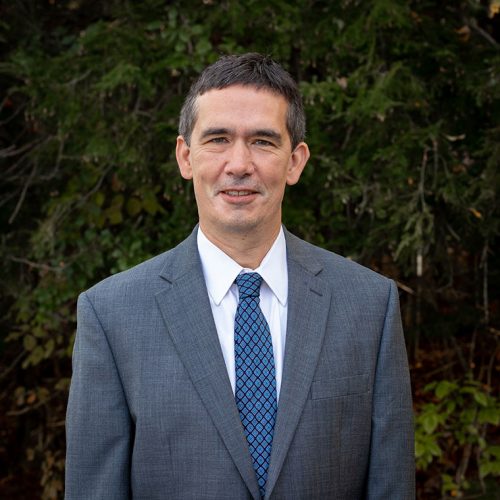What is hospice and end-of-life care?
Hospice, or end-of-life care, is a model for providing care to people who have decided to stop curative treatment and who are nearing the end of life because of illness or age. Hospice focuses on meeting a person’s physical and emotional needs, as well as the needs of their family and caregivers, by bringing expert medical treatment, pain and symptom management, and emotional and spiritual support to people at home. Hospice care at CVHHH is available to Central Vermonters wherever they reside – at home, in a nursing home, or in an assisted-living facility.
The goal of hospice at CVHHH is to help Central Vermonters achieve the highest-possible quality of life even as death nears. Care is patient-centered and guided by an individual’s unique wishes and goals. Hospice creates time and space for individuals and their families to be together and to focus on what matters most when it matters most.
What are the elements of hospice and
end-of-life care?
Hospice care is provided by an interdisciplinary team of experienced professionals who have been trained to care for individuals nearing death. We work in partnership with a person’s physician and with our Hospice Medical Director to create a plan of care that meets the full range of a person’s medical and non-medical needs. Care is also provided to a patient’s family, who become an integral part of their loved one’s care team.
Scroll down to learn about the members of our hospice team.
Patient
You are at the center of what we do, and your needs and goals drive the care we provide.
Family and Caregivers
We support you and your family as a unit and provide training on how to provide care with a focus on managing symptoms.
Medical Provider
Your provider initiates hospice by making a referral and certifying you have a life-limiting condition.
Doctor of Nursing Practice (Nurse Practitioner)
Provides continuity of care for people transitioning to Hospice at CVHHH. Offers in-home advance-care planning support and ongoing in-home care planning support. The DNP can also be the hospice attending medical provider.
Registered Nurse
Your Hospice RN works with your medical provider, family, caregivers, and other Hospice team members to ensure your needs are met and your symptoms managed. Your Hospice nurse is on call 24 hours/day, 7 days/week.
Medical Director
Oversees and reviews hospice plan of care including medical, emotional and spiritual support needs. Assists with pain and symptom management.
Licensed Nursing Assistant (LNA)
Provide hands-on personal care and support with activities of daily living.
Social Worker
Offers emotional support and helps connect with community resources.
Homemaker
A person’s physician arranges for hospice care by initiating the referral process and certifying that an individual has ceased curative treatment. A person’s physician works closely with CVHHH’s Medical Director and with an individual’s hospice registered nurse to manage care while the person is receiving services.
Interfaith Chaplain
Offers visits at home to address your spiritual well-being.
Trained Volunteers
Provide companionship, help with a range of tasks, and offer respite.
Bereavement Counselor
Provides grief and emotional support to you and your family, including children, for up to 15 months after death.
When is the right time to start hospice or end-of-life care?
Hospice care can begin as soon as a person is ready. If you, or someone you know, has received a terminal diagnosis and is considering stopping curative, or life-prolonging, medical treatment, it is time to consider hospice. Hospice continues as long as a person’s physician and CVHHH’s hospice team certify that a patient’s condition remains life-limiting. If you, or someone you know, is ready to inquire about starting hospice services, please contact Jim Budis, MSN, RN, MPH, Hospice Program Manager, using the form below.

"*" indicates required fields
